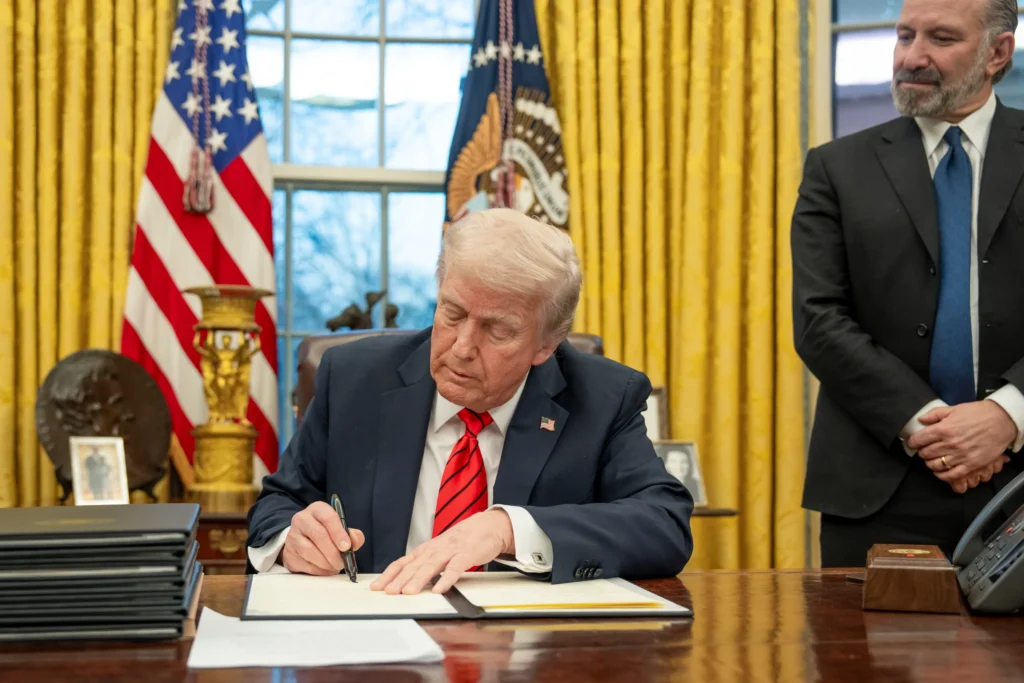One of Donald Trump’s mistakes in the integration of North America is to violate the Treaty between Mexico, the United States and Canada (USMCA).
Many analysts agree that the United States must deepen its alliance with Canada and Mexico in order to compete with Asia and, in particular, with China in the production of advanced manufacturing.
But President Trump’s administration has imposed tariffs of 25% on autos, steel and aluminum originating in Mexico and Canada, with some exceptions.
Donald Trump’s Mistakes
Trump has also blamed Mexico for fentanyl problems without acknowledging the strong demand for drugs by Americans and limited U.S. efforts to control arms exports to Mexico.
On Canada, suffice it to say that Trump has reiterated that he wants that nation to be another U.S. state.
A report by the Information Technology and Innovation Foundation (ITIF) proposed key actions to strengthen regional integration. In particular, it recommended reducing border barriers and promoting so-called «innovation corridors».
Strategic corridors include Vancouver/Seattle, Detroit/Windsor, Toronto/Hamilton/Buffalo and Montreal/Plattsburgh. According to the study, these areas can become hubs of binational technological development.
The analysis was prepared by Robert D. Atkinson and Stephen Ezell. Both pointed out that public procurement policies should include the USMCA partners. This would strengthen value chains between Mexico, the United States and Canada.
In addition, they suggested creating a trilateral mechanism. This instrument would serve to launch an initiative with joint financing. The objective would be to develop institutes to promote advanced manufacturing in North America.
Finally, the authors called on the U.S. government. They stressed the need to relax the requirements of the Export-Import Bank (EXIM). This would facilitate the inclusion of high value-added goods manufactured in collaboration with Mexico and Canada.
Globalization
The following ideas were proposed by Atkinson and Ezell.
According to the authors, globalization did not live up to its promises. Increasing trade restrictions and the aggressive advance of China affected the U.S. manufacturing industry. As a result, protectionism gained ground.
However, they warn that autarky is not an effective strategy. Betting only on “America First” could weaken the country’s global competitiveness.
Faced with this scenario, they propose a “Globalization 2.0”. This new approach should prioritize U.S. interests. It should also strengthen advanced industries, foster strategic alliances and ensure fair trade with allies.
In addition, they stress the need to confront China’s unfair trade practices. To achieve this, they suggest firmly enforcing trade laws and ensuring access to global markets.

